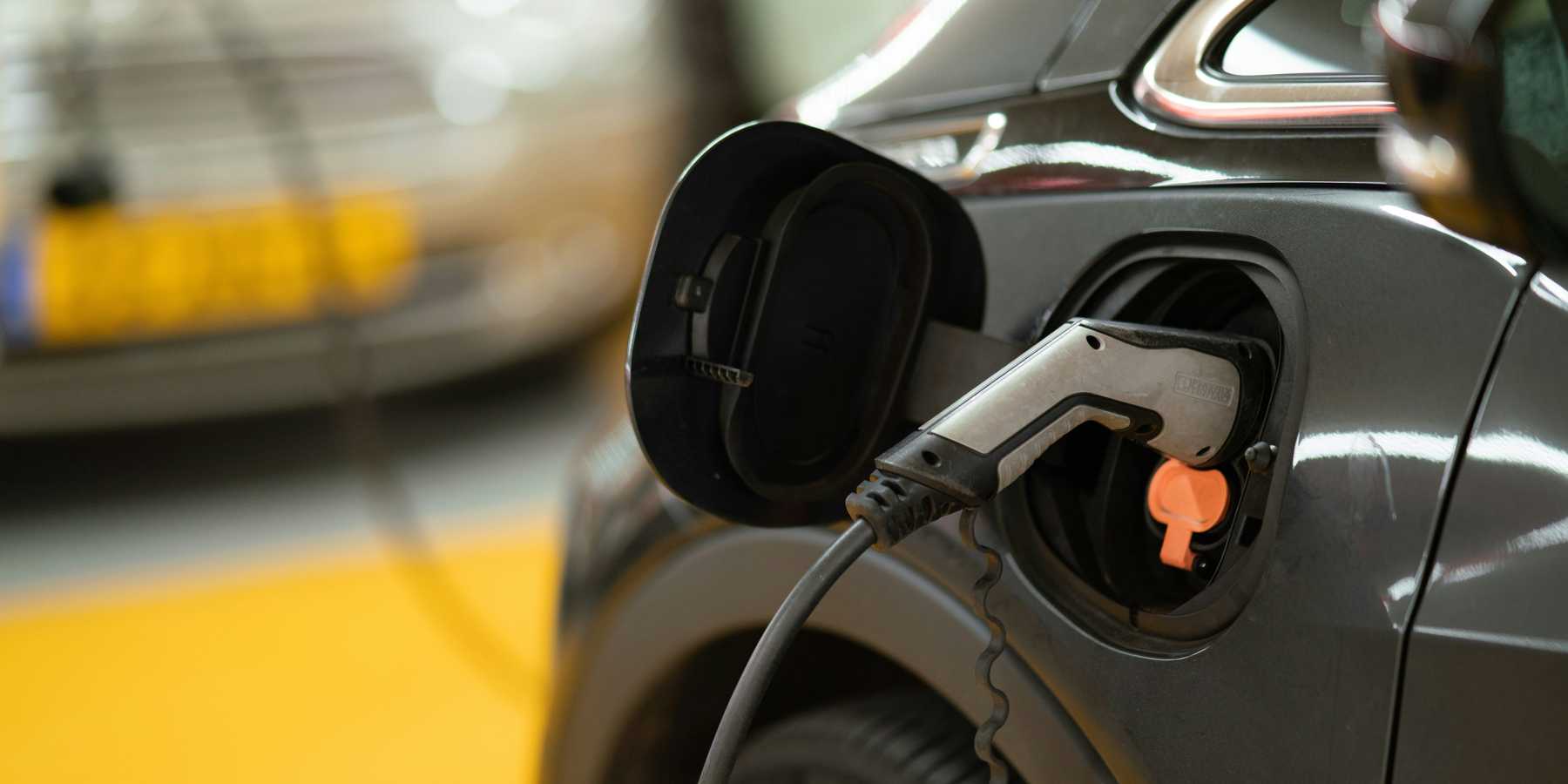
Consistent Chinese policy turns U.S. clean-tech inventions into an export juggernaut
China now sells most of the world’s electric cars, batteries and solar panels — devices all born in American labs — after two decades of aggressive subsidies and steady industrial planning.
Shannon Osaka and Naema Ahmed report for The Washington Post.
In short:
- China’s EV subsidies, worth an estimated $231 billion since 2010, helped the country move 6.4 million electric cars last year, five times U.S. sales.
- Beijing now controls about 85% of global lithium-ion battery production capacity and roughly 80% of the solar-panel supply chain.
- Experts blame the U.S. retreat on decades of stop-start policies that cut research budgets, dropped purchase incentives, and left inventors without a domestic market.
Key quote:
“The Chinese have just cleaned our clock by having consistent policy.”
— David Kirsch, professor of management and entrepreneurship at the University of Maryland
Why this matters:
Electric cars, advanced batteries, and cheap solar panels sit at the heart of any realistic plan to blunt climate change, yet the United States — where each technology was first proved — now relies on imports for them. Heavy dependence on Chinese supply chains increases geopolitical risk and exposes consumers to price shocks if trade tensions flare. It also concentrates the health and environmental burdens of mining, smelting, and manufacturing in provinces with laxer pollution controls, exporting airborne pollutants and water contamination along with finished goods. Meanwhile, domestic workers miss out on rapidly growing clean-energy jobs, and regulators have less leverage to enforce labor and safety standards abroad. The policy gap, not the science, dictates who captures the economic and public-health rewards.
Read more: How China raced ahead on clean energy while America clung to oil













